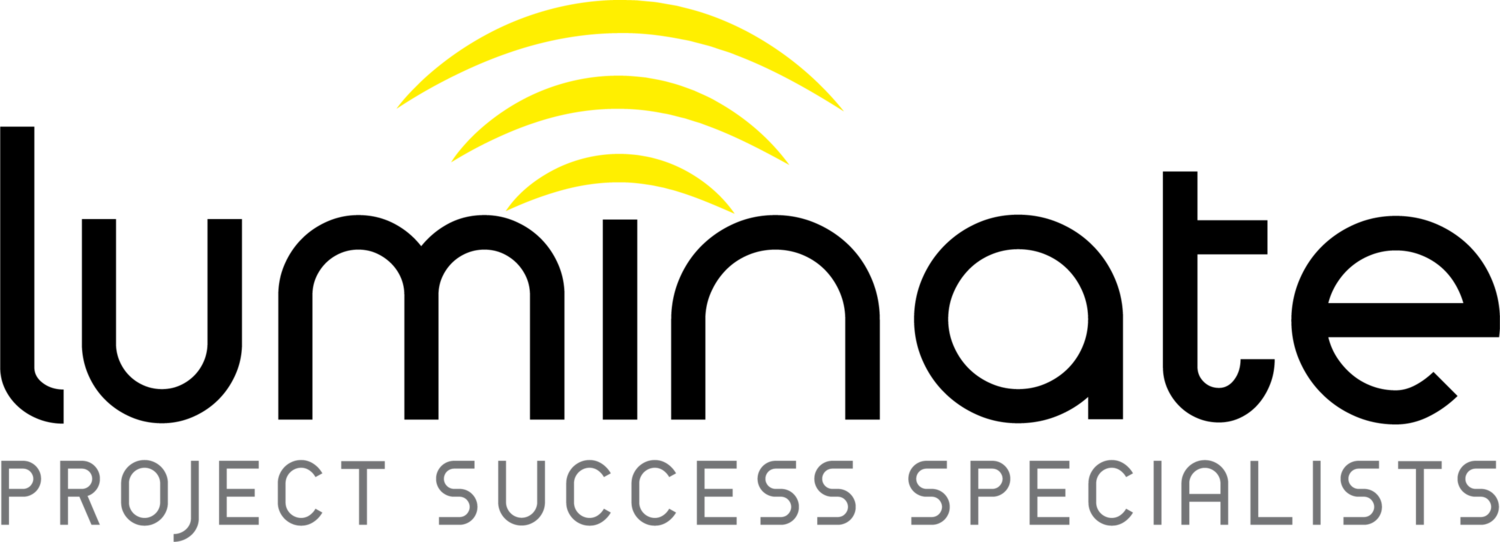Most of us are familiar with the terms IQ (Intelligence Quotient) and EQ (Emotional Quotient) – traits that measure intelligence and interpersonal skills. For a long time, I’ve bandied about EQ trumping IQ with respect to success in project management. Empathy and communication win over frameworks, methodologies and expert-in-a-day courses.
But move over EQ, there’s a new Q in town, one that holds the key to true success. Meet the Adaptability Quotient (AQ). In an era characterised by constant change and unpredictability, having a high AQ is becoming more essential than ever before. It all comes down to how well we can adapt to shifting landscapes and evolving challenges. In this blog, I will delve into why project managers need to prioritise developing their AQ in order to stay ahead of the game.
What exactly is AQ, and why is it gaining such prominence?
AQ refers to an individual’s ability to adapt and thrive in an ever-changing work environment. With the rapid advancements in technology and the increasing complexity of projects across industries, employers are now realising the importance of team members who can navigate uncertainty with ease.
What sets AQ apart from other competencies is its focus on agility and flexibility. Individuals not only need to embrace change but also exhibit resilience when facing setbacks or unexpected obstacles. In today’s fast-paced world, where disruptive forces can completely upend established industries overnight, having people with a high AQ is considered essential for companies to stay competitive.
Another reason why AQ is gaining prominence is its potential for growth. Unlike IQ and EQ, which some argue are fixed traits that cannot be significantly improved upon, AQ can be developed over time through learning and intentional practice. Investing in training programmes that focus on enhancing adaptability skills can lead to substantial benefits for both individuals and businesses alike. By fostering an organisational culture that values adaptable thinking and encourages continuous learning, companies can create an environment where innovation thrives.
The changing landscape
Our world is in a constant state of flux, and technology is advancing at an exponential rate. In project management, this translates to a need to pivot and adapt faster than ever before.
We may soon see AQ used as a metric in recruitment, focusing on the candidate’s ‘fit’ within an organisation. Successful project managers will be proactive and understand the dynamics at play, engaging people to keep projects on track. No team needs a brilliant xxxxhead!
Champions of change
AQ assesses an individual’s capacity to handle change, their openness to new ideas, and their willingness to challenge the status quo. Those with high AQ exhibit a remarkable ability to adapt to uncertainty, embrace innovation, and thrive in dynamic environments. These are individuals who can champion change. For businesses to thrive they will seek people with a balanced triad of quotients – IQ, EQ, and AQ. Individuals that not only possess the technical skills required for the job but also excel in connecting with others and exhibit the right mindset, drive, and motivation. It’s the harmonious synergy of these quotients that empowers individuals to achieve successful results.
Natalie Fratto, a Vice-President at Goldman Sachs New York, emphasises that AQ goes beyond the capacity to absorb new information. It involves the ability to discern relevance, unlearn obsolete knowledge, overcome challenges, and consciously make an effort to change. Flexibility, curiosity, courage, resilience, and problem-solving skills all play a part in AQ.
Embracing adaptability as a necessity
Harvard Business Review is predicting AQ is poised to become the “new competitive advantage.” Both companies and individuals must acknowledge that adaptability is not just a desirable trait; it’s an absolute necessity.
Failing to adapt can result in lost opportunities and, in extreme cases, even bankruptcy. We’ve witnessed this scenario unfold with companies like Blockbuster, Kodak, and BlackBerry, all of which failed to adapt and faced dire consequences. Similarly, individuals must embrace change to remain relevant and successful in their personal and professional lives.
Turning challenges into opportunities
The key to embracing AQ is transforming challenges into opportunities. Instead of fearing or resisting change, view it as a chance for personal and professional growth and development. As Amy Edmondson, Professor of Leadership and Management at Harvard Business School points out, it’s the breakneck speed of workplace change that will make AQ more valuable than IQ. She says: “Learning to learn is mission critical. The ability to learn, change, grow, experiment will become far more important than subject expertise.”
The transformative influence of AQ in project management
The influence of AQ in project management is nothing short of transformative. In a period characterised by perpetual change and unpredictable variables, project managers endowed with a high AQ are poised to excel in this dynamic landscape. Their unique capacity to swiftly adapt to ever-evolving landscapes, emerging technologies, and shifting project demands is a game-changer.
These high AQ project managers embody resilience when confronted with setbacks or unforeseen obstacles, ensuring that projects maintain their course even amidst turbulence. AQ introduces an entirely new dimension to project management, empowering teams to pivot and innovate rapidly.


